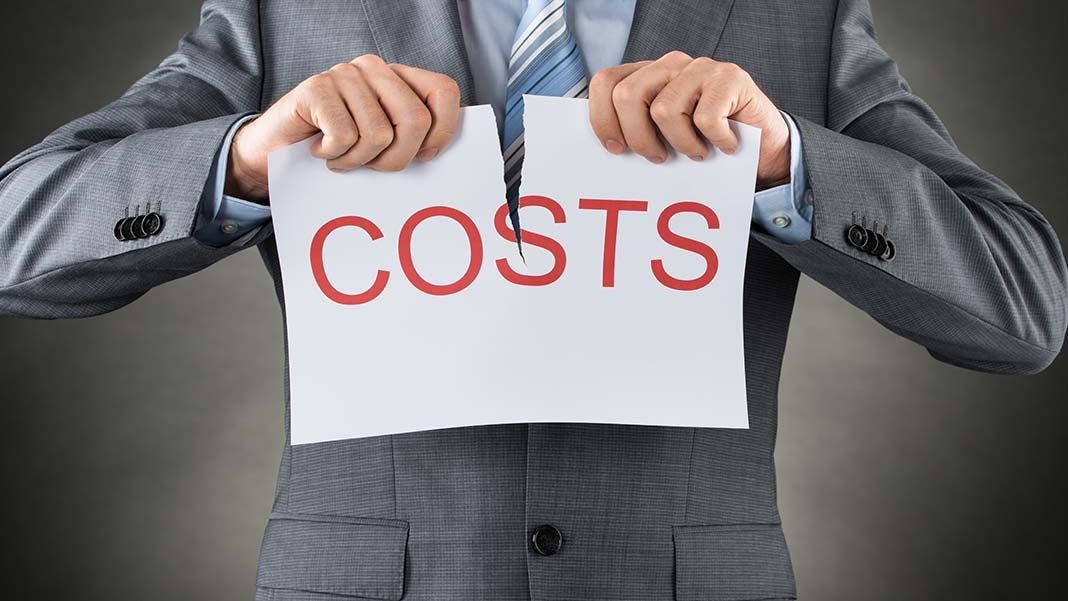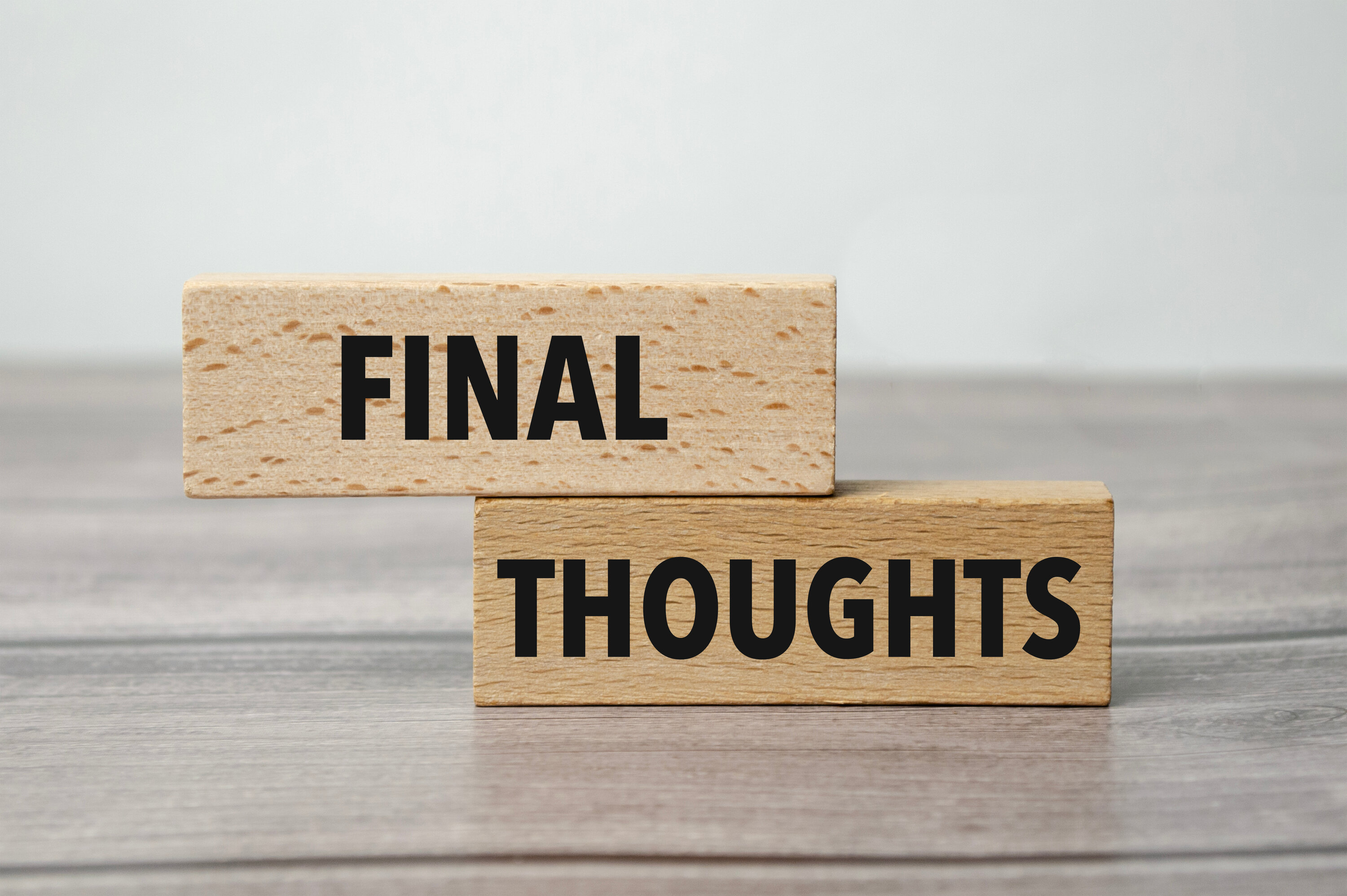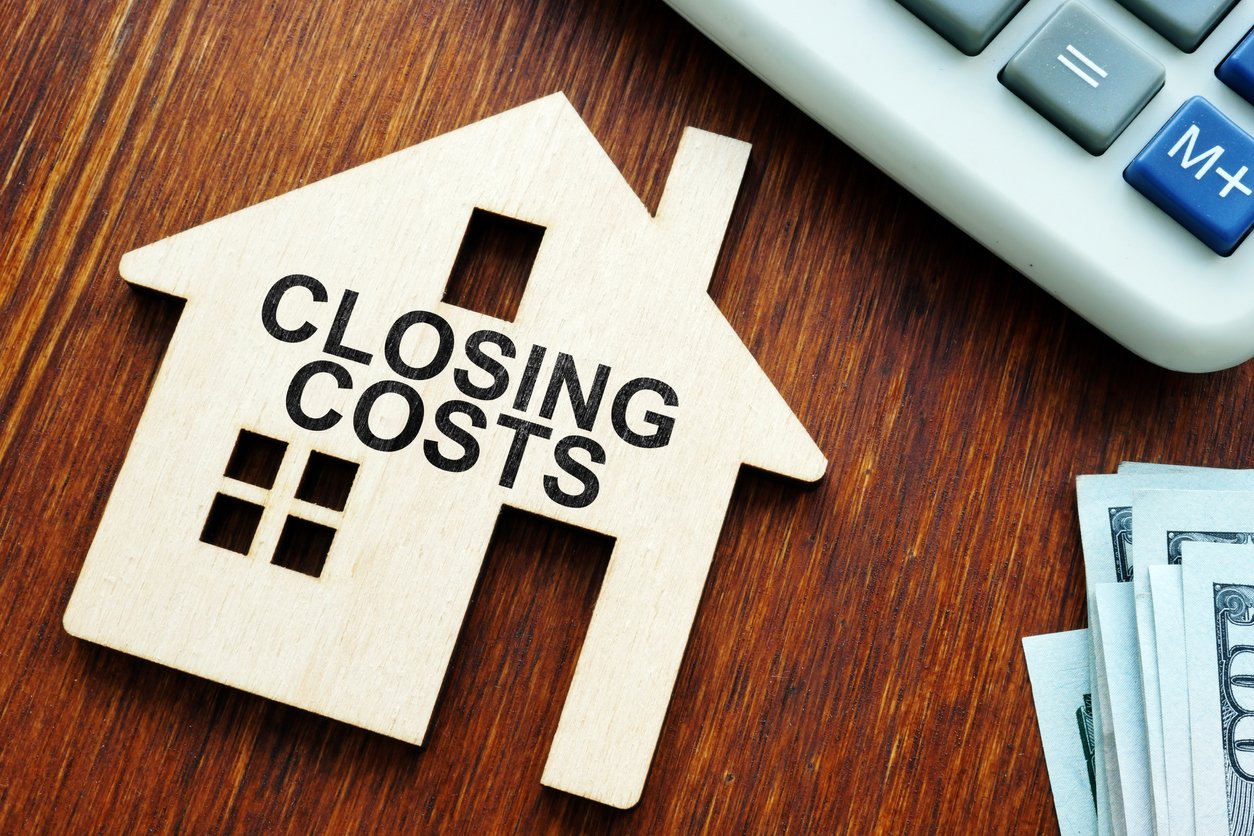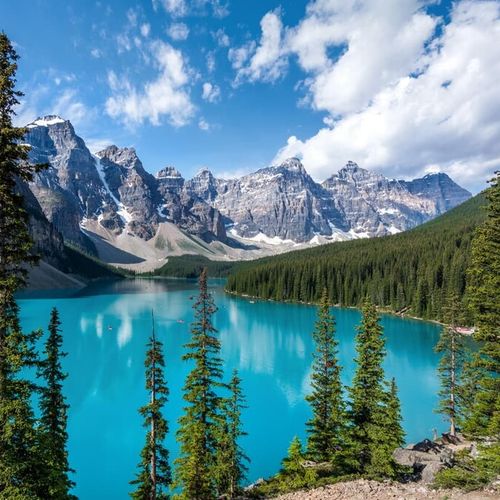A Complete Guide on Closing Costs When Buying a House in Alberta
Buying a home is an exciting milestone, but many buyers are caught off guard by closing costs when buying a house in Alberta, an often overlooked yet essential expense. These additional costs can add up quickly, and failing to plan for them can lead to financial stress.
The good news? Alberta offers some of the lowest closing costs in Canada, thanks to the absence of a land transfer tax. But that doesn’t mean you’re off the hook—there are still key expenses every buyer must be prepared for.
Imagine heading to your closing appointment, only to realize you need to pay thousands more than expected. Avoid that last-minute shock by understanding exactly what closing costs you’ll face, how much to budget, and ways to minimize them.
In this guide, we’ll break down the essential fees, offer strategies to reduce costs, and ensure you’re fully prepared to step into your new home with confidence.
What Are Closing Costs?

Closing costs are the additional fees and expenses that come with finalizing a real estate transaction. These costs are typically paid on or before the possession date and can range from 1.5% to 4% of the home’s purchase price.
While some closing costs are fixed, others vary based on factors like the property’s value, location, and the lender’s requirements. These expenses cover essential services such as legal fees, home inspections, and title transfers, ensuring a smooth and legally compliant home purchase. Failing to budget for closing costs can lead to unexpected financial strain, so it’s crucial to understand what to expect before finalizing your purchase. By preparing in advance, you can avoid surprises and make the transition into your new home stress-free.
Here’s a breakdown of common closing costs in Alberta you should anticipate:
1. Legal Fees & Disbursements
Hiring a real estate lawyer is essential to handle the legal aspects of your home purchase. Legal fees typically range from $800 to $2,500, depending on the complexity of the transaction.
What’s Included:
- Reviewing and preparing contracts
- Title transfers and registration
- Mortgage documentation
Learn more about legal fees here
2. Land Title Transfer Fee
Unlike other provinces, Alberta does not charge a land transfer tax, but there is still a land title transfer fee based on the home’s value:
- $50 base fee + $2 for every $5,000 of the property value
- For a $400,000 home, this would be approximately $210
3. Home Inspection Fee
While not mandatory, a home inspection is highly recommended to avoid unexpected repair costs. This typically costs between $300 and $600, depending on the property size and location.
A thorough inspection can uncover hidden issues such as structural damage, plumbing leaks, or electrical problems that could lead to costly repairs down the road. Investing in a professional home inspection provides peace of mind and gives you the opportunity to negotiate repairs or price adjustments with the seller. In some cases, skipping an inspection to save money can result in far greater expenses after you move in.
4. Property Appraisal
When applying for a mortgage, lenders often require a property appraisal to determine the home’s market value. This helps ensure the property is worth the loan amount you’re requesting. The appraiser evaluates factors like the home’s size, condition, location, and nearby property sales.
If the appraisal is lower than the agreed purchase price, it may affect your mortgage approval, potentially leading to renegotiations or a larger down payment. The cost of an appraisal typically ranges from $300 to $500, depending on the property’s size and location. In some cases, fees may be higher for larger or remote homes.
5. Home Insurance
Before finalizing your mortgage, most lenders will require you to secure home insurance to protect both you and the lender in case of unexpected events like fires, theft, or natural disasters. This insurance is meant to cover the cost of repairing or rebuilding the home if it’s damaged or destroyed.
The cost of home insurance can vary significantly depending on factors such as the value and age of the property, its location, and the level of coverage you choose. On average, home insurance in Alberta typically ranges from $800 to $2,000 per year. Higher-value homes, or those in areas prone to natural disasters like flooding, may have higher premiums. It’s important to shop around for the best rates and coverage options to ensure you’re adequately protected while also staying within your budget.
6. Property Tax Adjustments
Property taxes in Alberta are typically paid annually, but they are often pre-paid by the seller for the year. When you purchase a home, you may need to reimburse the seller for the portion of property taxes they’ve already paid, depending on the closing date. This ensures that both parties are only responsible for their share of the taxes during the period they own the property.
The amount you owe will be calculated based on the closing date and how much time is left in the tax year. If you close in the middle of the year, you may need to reimburse the seller for taxes they’ve already paid for the months following the sale. It’s important to factor this into your budget, as it can add a few hundred dollars to your closing costs.
7. Mortgage Insurance (If Applicable)
If your down payment is less than 20% of the home’s purchase price, you’ll likely be required to obtain mortgage insurance through the Canada Mortgage and Housing Corporation (CMHC). This insurance protects the lender in case you default on the loan, allowing them to recover some of the costs.
The cost of CMHC mortgage insurance typically ranges from 2.8% to 4% of the mortgage amount, depending on the size of your down payment. The higher your down payment, the lower the insurance premium. This insurance is usually added to your mortgage and paid off over time, but it can still increase your overall monthly payments, so it’s important to account for this expense in your home-buying budget.
8. Moving Costs
Before you settle into your new home, don’t forget to budget for moving expenses. These costs can quickly add up, depending on the size of your move and the services you require. It’s important to factor in these additional expenses when planning your overall closing costs.
Moving expenses can add up quickly, including:
- Hiring movers ($500 to $2,000 depending on distance and services)
- Utility setup fees
- Cleaning services
How to Reduce Closing Costs

While closing costs are an inevitable part of buying a home, there are several strategies you can use to reduce them. With some planning and effort, you can minimize the financial burden. From shopping around for the best deals to utilizing government programs, these strategies can help you save on costs and make the home-buying process more affordable. Consider these tips to help keep your closing costs as low as possible.
While closing costs are unavoidable, there are ways to minimize them:
- Shop Around for Legal Services: Compare multiple real estate lawyers to find the best rates.
- Negotiate with the Seller: In some cases, sellers may agree to cover certain closing costs.
- Bundle Insurance Policies: Many insurance providers offer discounts when bundling home and auto insurance.
- Take Advantage of First-Time Homebuyer Programs: Programs like the First-Time Home Buyer Incentive and RRSP Home Buyers’ Plan can help offset costs.
Why Alberta Has Lower Closing Costs Compared to Other Provinces

One of the biggest advantages of buying a house in Alberta is the lack of land transfer tax, which significantly reduces overall closing costs. For example, in Ontario, land transfer taxes can amount to thousands of dollars, whereas in Alberta, you only pay a modest land title fee.
Another key factor contributing to Alberta’s lower closing costs is the absence of provincial sales tax, which helps reduce service-related expenses such as legal fees and home inspections. Additionally, Alberta’s real estate market tends to have fewer administrative fees compared to provinces like British Columbia and Ontario, where buyers often face additional charges such as municipal land transfer taxes and speculation taxes.
The competitive nature of Alberta’s housing market also means that service providers, including lawyers and home inspectors, often offer more competitive rates. All these factors make Alberta one of the most affordable provinces in Canada when it comes to closing costs, allowing homebuyers to allocate more of their budget toward their new property.
Final Thoughts

Being aware of closing costs when buying a house in Alberta not only helps you avoid financial surprises but also allows you to plan with confidence. Unexpected expenses can quickly add up, so taking the time to understand each cost and factor it into your budget ensures a smooth transition into homeownership.
Additionally, exploring ways to minimize these costs, such as shopping around for legal services, negotiating with the seller, or taking advantage of first-time homebuyer programs can help you save money. By being proactive and well-prepared, you’ll be able to focus on the excitement of moving into your new home rather than worrying about last-minute financial hurdles.
If you’re planning to buy a home in Alberta and need expert guidance, contact me for personalized advice and listings that match your budget.
Also, check out my buyers guide, sellers guide, and my listings!
FAQ: Closing Costs When Buying A House in Alberta
- How much are closing costs when buying a house in Alberta?
Closing costs typically range from 1.5% to 4% of the home’s purchase price, depending on factors like legal fees, home inspections, and mortgage insurance. - Does Alberta have a land transfer tax?
No, Alberta does not have a land transfer tax, making it one of the more affordable provinces for homebuyers. However, buyers must pay a land title transfer fee, which is significantly lower than land transfer taxes in other provinces. - Can closing costs be included in a mortgage?
Yes, some lenders allow you to roll certain closing costs into your mortgage. However, this increases the overall loan amount and interest paid over time. - Are home inspections mandatory in Alberta?
No, but they are highly recommended to avoid unexpected repair costs. Skipping a home inspection could lead to costly surprises after purchase. - What are some ways to reduce closing costs?
You can lower closing costs by shopping around for legal and insurance services, negotiating with the seller, bundling insurance policies, and using first-time homebuyer programs to offset expenses.
Sources:
Closing Costs Alberta: Everything You Need To Know For 2024
Buying in Alberta? Closing costs to know as a first-time homebuyer
Closing Costs on a House or Condo in Alberta – How To Buy a Home


